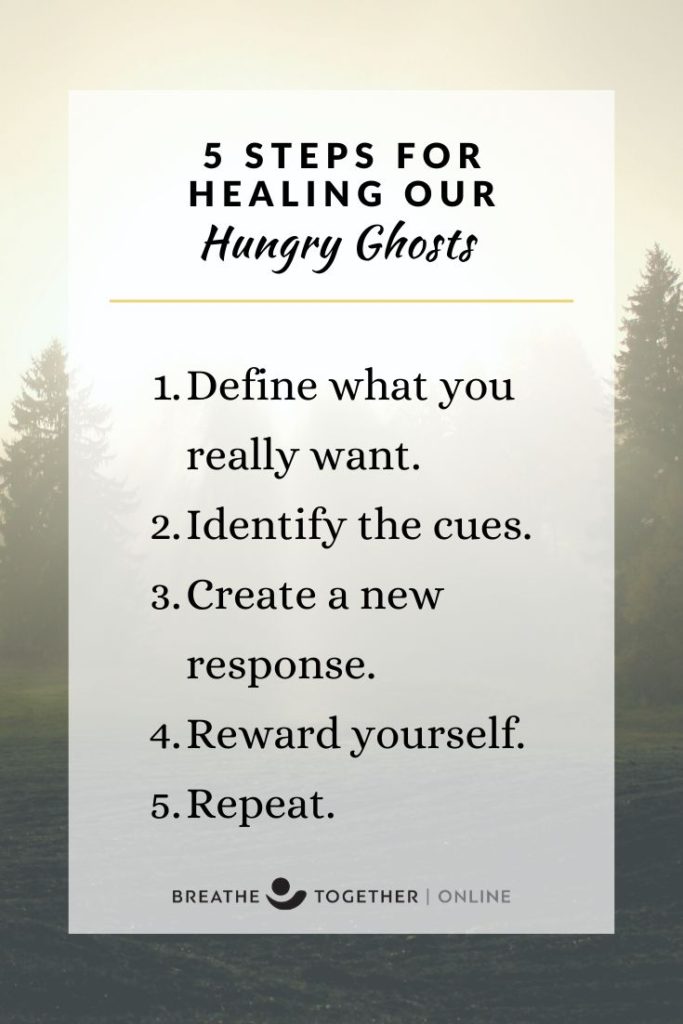I walk into our front door, recharged after a four-day spiritual journey, and my welcome home is a bit jarring. I step over a sea of clutter – lots of it. Shoes are strewn across the floor, and empty glasses staged like tree rings on the coffee table. I struggle to open my daughter’s bedroom door, as it’s blocked by a pile of dirty laundry and blankets crumpled on the floor. Dishes from days of eating cereal, hot dogs, and macaroni and cheese are stacked in the sink, literally inches from the empty dishwasher. I’ve been gone for four days and can’t believe the state of the house. What gives? The irony is that I returned home from a spiritual retreat, where I felt feeling abundant gratitude for all living beings, including my family providing me the opportunity to be away, and how quickly I switch to resentment, frustration, and a desire to go back to my retreat as I wondered, “Why am I the only one who does anything around here?”
This is a sneak peek into “if only” mind. I’m guessing I’m not alone in spiraling into some of these patterns: “If only…
- they would clean up after themselves
- I got the recognition I deserve
- I felt the love and respect from my partner
- my loved one stopped his/her drinking
…then I would be happy.” The general belief is that the next (or prior) moment contains something better, bigger, and more desirable than the present. When we have unmet needs, our brains are rigged to go find something to fill that void.
In a podcast titled, “Healing Addiction: De-Conditioning the Hungry Ghosts”, Tara Brach refers to the “if only” mind synonymous with the Buddhist concept of the “Hungry Ghosts.” Hungry ghosts refer to intensely emotional needs that create cravings, often in the most animalistic way – grasping, looking for something outside of us to fill an inner void, etc. The human brain craves certain things, such as security, well-being, happiness, and love. These are inherent in all of us. When our basic needs for safety, bonding, connection, and love are unmet, we can get stuck on substitutes to fulfill our desires. Substitutes can span anywhere from socially-acceptable patterns to full-blown addictions. Some examples include social status or wealth accumulation, overachieving, being right, busy-mode or rushing, and addiction to anything (food, attention, harmful substances, digital devices, etc.).
The trouble comes not from the thing itself but from the feeling behind it. Substitutes often fuel the feeling of not being good or worthy enough with life as it is. The grasping and seeking of “if only I had this or that” keeps us on the chase for the never-here finish line. The remedy for healing our hungry ghost entails looking at patterns of behavior, habits, and choosing a different route.
Habits – we are a bundle of them. Our habits impact our experience of living in the moment. For example, judging others, worrying, and striving for perfection all impact how we experience our lives. If we fall into these patterns (often unconsciously), there is a high likelihood we are fueling our hungry ghosts. There is a sort of good news/bad news story for what we can do – the good news: due to neural plasticity, we can change our behaviors and patterns, and rewire habitual tendencies; the bad news: it’s tough. Rewiring habitual patterns requires devotion, mindful awareness, hard work, and often the support of others to create a new normal.
Habits are patterns that start with a general cue. This cue invokes a behavior and this behavior promotes a response. For example:
- Cue: I come home from a four-day retreat and see the house is a mess.
- Behavior: Based on what I see, I feel a flood of emotions from frustration to anger, and I start to slam doors and yell at my family for not keeping up the house.
- Response: My family reluctantly cleans their mess, thinking how ungrateful I am. They throw all of the clothes from the floor (most of which are clean) into the hamper, creating more laundry but avoiding the need to fold and put them away.
If we repeat this cycle enough times, a pattern or habit is created and reinforced – and becomes a great predictor of how future events will go.
In order to create a different reality, here are four steps for rewiring old patterns and new habit creation:
Step 1: Define what you really want. Look at the hungry ghost pattern (flags of desire) with compassion and curiosity. Notice how they are confining or preventing you from living your optimal life. Ask yourself, “What do I really want?”
Example: I want my home to be a place for love and mutual respect.
Step 2: Identify the cues. Witness and identify the cues that initiate the habitual response.
Example: Walking into the house and immediately seeing clutter.
Step 3: Create a new response. Create an alternate behavior or response to the cue. Ask yourself, “What would I do if I am behaving how I really want to be?”
Example: Demonstrate compassion for loved ones; ask about their week without expectation. Remove blame, shame, or righteousness. Offer gratitude. Calmly voice my needs. I want my home to be a place for love and mutual respect. I might say, “Hey guys, I’m feeling a bit frustrated at what I see as clutter. I’m guessing you’ve been busy keeping everything rolling while I’ve been away and haven’t been able to clean up. I do thank you for all you’ve done. I’m trying hard to integrate back into life post retreat and I’d appreciate you taking the time to clean up the house. Could that happen before we have a nice family dinner together?”
Step 4: Reward yourself. Reward yourself for the new response and behavior.
Example: Play fun, clean-up music, put away your own clutter from the trip, and enjoy a fun-filled, family meal without resentment or frustration.
Step 5: Repeat! It takes time and persistence – 21 days, in fact, to establish a new habit – so be patient with yourself. Many of our patterns have been engrained from life-long responses and won’t be resolved overnight. Whether we are looking at socially-acceptable habits or full-blown addictions, hungry ghosts can be identified, demystified, and shifted for a life with less grasping and more gratitude for what is available right here and now. With devotion, determination, and others to support your deliberate actions, it’s possible.

















